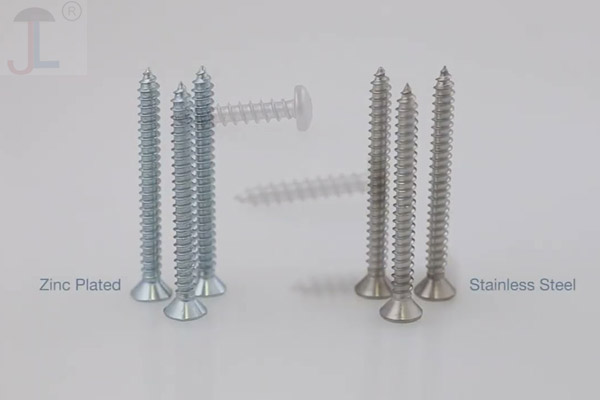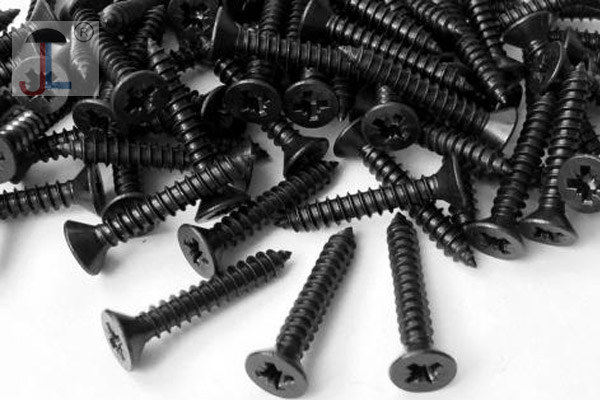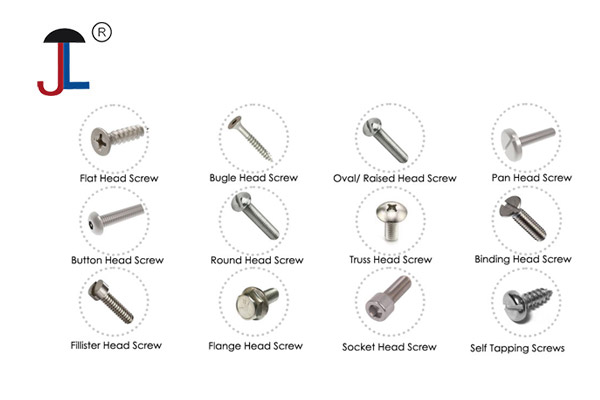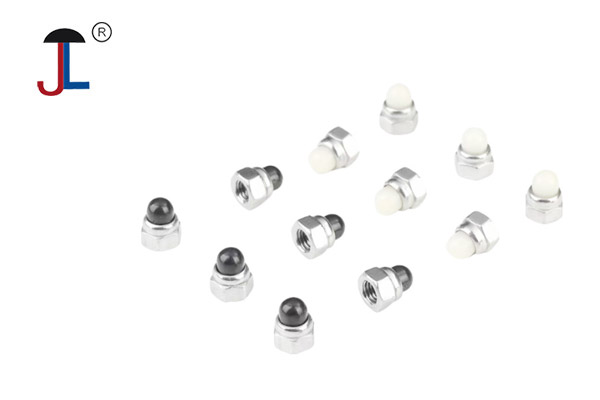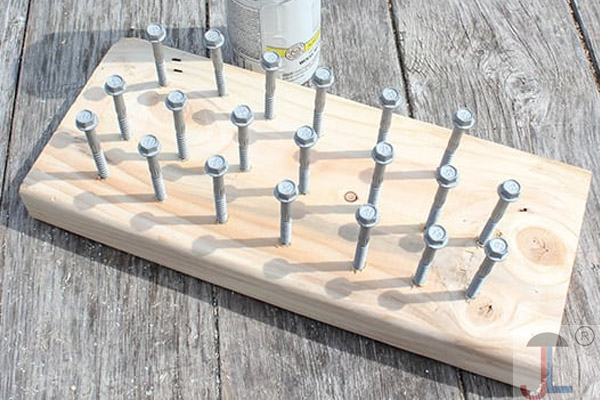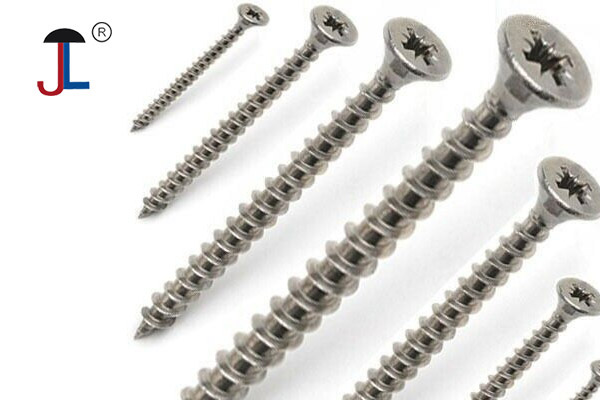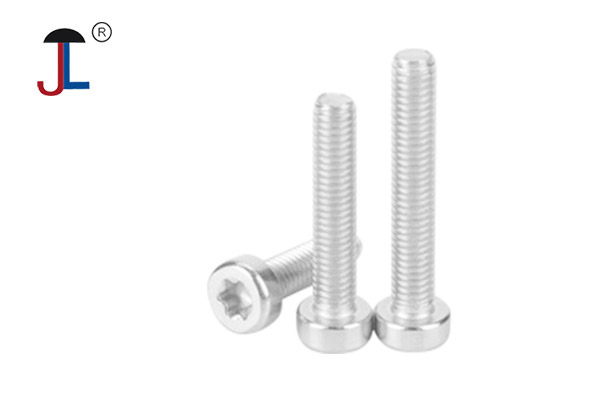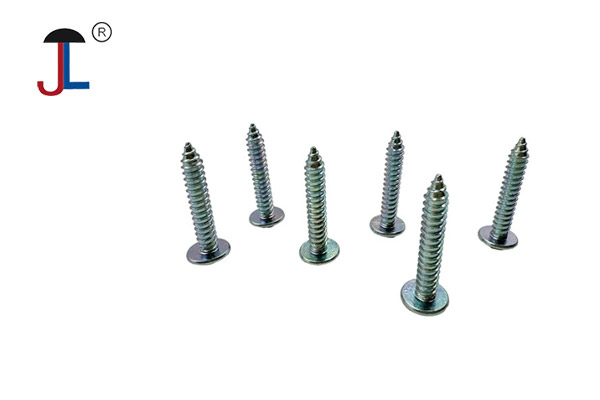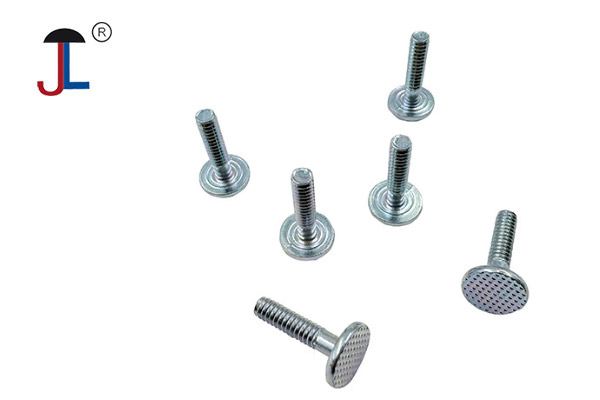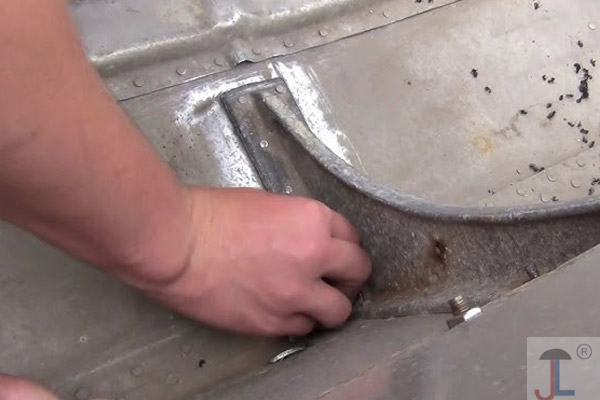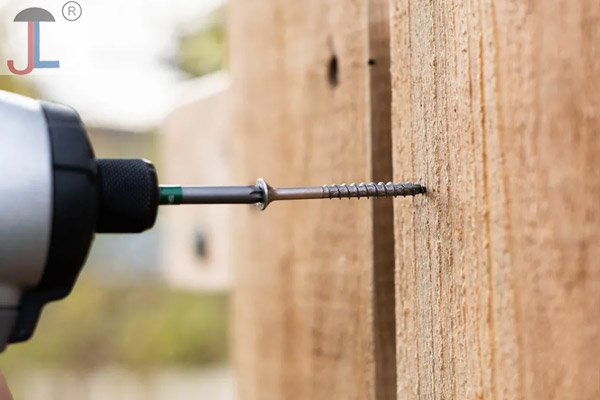
✅ Why Stainless Steel Screws Are Good for Outdoor Use
-
Corrosion Resistance: Stainless steel is naturally resistant to rust and corrosion, even in wet or humid environments, which makes it perfect for outdoor projects.
-
Durability: They’re strong and hold up well under various weather conditions — sun, rain, snow, salt air — especially if you're near the coast.
-
No Coating Needed: Unlike coated screws (like galvanized or zinc-plated ones), stainless steel screws don’t rely on a surface layer to resist rust, so even if they get scratched or worn, they still hold up.
-
Long-Term Reliability: They don’t degrade or stain wood over time like some other metals can, especially with pressure-treated lumber or hardwoods.
? Stainless Steel Grades for Exterior Screws
304 Stainless Steel (aka 18-8)
-
Most common grade used for general-purpose screws.
-
Good corrosion resistance in most outdoor environments — rain, humidity, etc.
-
Works well for decks, fences, garden structures, etc.
-
Not ideal near saltwater or coastal areas, as salt can eventually corrode it over time.
316 Stainless Steel (Marine Grade)
-
The king of corrosion resistance.
-
Designed to handle coastal environments, salt spray, and chemical exposure.
-
Great for dock work, boats, beachfront homes, or anywhere near the ocean.
-
More expensive, but it’s worth it if you're fighting salt.
410 Stainless Steel
-
Harder and stronger than 304/316 (better for structural strength).
-
Less corrosion-resistant, so it’s better suited for drier environments or where strength is a bigger concern than corrosion.
-
Often used for self-tapping or self-drilling screws.
? When You Might Want to Consider Alternatives
-
Cost: Stainless steel screws are more expensive than standard or coated options.
-
Strength: While plenty strong for most applications, for super heavy-duty structural work, you might need hardened steel screws — or at least make sure you're using the right grade (316 stainless is stronger and more corrosion-resistant than 304, for example).

